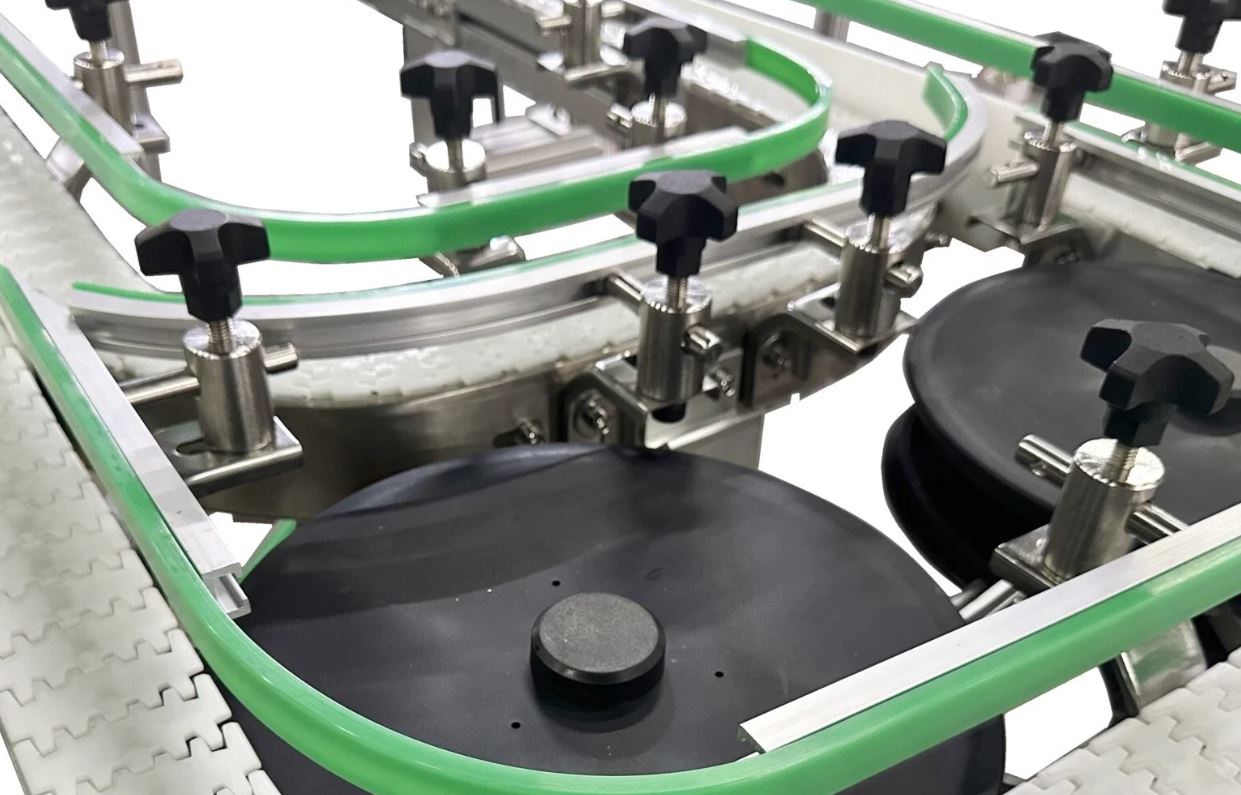In today’s rapidly evolving industrial ecosystem, efficiency, speed, and automation define the competitiveness of global manufacturers. One of the most influential — yet often underestimated — components of this transformation is the conveyor system. Whether in automotive plants, logistics hubs, food production lines, or electronics assembly, advanced conveyor technologies are reshaping how materials flow and how businesses scale.
As companies upgrade to smarter, more sustainable, and more reliable systems, choosing the right conveyor partners becomes a strategic business decision. This article explores the trends driving the industry forward and highlights what manufacturers should consider when selecting a reliable conveyor provider, with additional insights from leading conveyor manufacturers worldwide.
The Rise of Intelligent Material Handling
Modern factories are no longer just mechanical workplaces. They are digital ecosystems powered by automation, software intelligence, and real-time data. Conveyor systems — once simple mechanical belts — are now deeply integrated into this digital framework.
Today’s best solutions include:
- IoT-enabled monitoring, providing real-time data on belt health, speed, load, and potential failures.
- Predictive maintenance, using analytics to reduce downtime and extend equipment lifespan.
- Energy-efficient drive systems, helping factories reduce long-term operating costs.
- Modular designs, enabling rapid system expansion without major reconstruction.
These advancements allow manufacturers to respond faster to market demands while reducing manual labor and operational risks.
Why Conveyor Systems Matter More Than Ever
1. Scaling Output Smoothly
As global demand increases, manufacturers need systems that can keep up. A well-engineered conveyor system optimizes material flow, reduces bottlenecks, and ensures smooth production even as volumes grow.
2. Reducing Operational Costs
Automated conveyors minimize human handling, which reduces error rates, workplace injuries, and unnecessary labor costs. With predictive maintenance, repair costs and downtime are significantly lowered.
3. Enabling Lean Manufacturing
Lean operations require consistency and flow. Conveyors support standardized processes, helping factories eliminate waste and streamline production steps.
4. Supporting Sustainability Goals
More companies are committing to greener operations. Modern conveyor systems offer recyclable materials, low-energy drives, and longer lifespan components that reduce environmental impact.
Key Features to Look for in a Conveyor System
When choosing a conveyor partner, manufacturers must look beyond price and evaluate features that influence long-term performance.
1. Durability and Material Quality
Industries such as mining, recycling, or heavy manufacturing need belts that withstand high abrasion, extreme temperatures, or corrosive materials. Food and pharmaceutical industries require hygienic, easy-wash materials compliant with strict standards.
2. Customization Capability
A cookie-cutter design rarely suits complex production lines. The best partners offer custom lengths, curves, loading capacities, belt materials, and automation add-ons.
3. Smart Control Systems
Conveyors equipped with PLCs, automatic speed control, and integrated sensors offer better reliability and higher efficiency.
4. Service and Support Network
Reliable after-sales support ensures spare parts, maintenance services, and system upgrades remain accessible throughout the conveyor’s lifetime.
Global Trends Shaping the Conveyor Industry
1. Automation and Robotics Integration
In advanced manufacturing, conveyors must work seamlessly with robotic arms, vision systems, and automated storage solutions. The future lies in synchronized, fully connected systems.
2. Modular and Flexible Designs
Factories must adapt quickly as product lines change. Modular conveyors, which are easy to reconfigure, are rapidly becoming the industry standard.
3. Sustainable Engineering
From energy-saving motors to eco-friendly belt materials, sustainability is no longer optional but expected.
4. High-Speed Sorting for E-Commerce
The rise of fast delivery has accelerated demand for high-speed sorting conveyors capable of handling thousands of parcels per hour with near-perfect accuracy.
Choosing the Right Conveyor Partner
Selecting a conveyor provider should be a strategic decision based on reliability, innovation, and alignment with long-term operational goals. Key evaluation factors include:
- Experience in your industry
- Engineering capabilities and customization
- Proven project portfolio and client references
- Long-term maintenance programs
- Availability of spare parts and regional support
- Adoption of smart and sustainable technologies
To assist with vendor comparison, here is a useful industry resource covering top performers around the world:
conveyor manufacturers.
This guide provides an overview of leading companies known for innovation, engineering quality, and global service networks.
The Future of Conveyor Technology
Looking ahead, conveyors will continue evolving in three main directions:
1. Full Digital Integration
More factories will adopt conveyors connected to cloud platforms, enabling remote monitoring, automated diagnostics, and real-time optimization.
2. AI-Driven Optimization
Artificial intelligence will analyze load distribution, wear patterns, and production flow, automatically adjusting operations for maximum efficiency.
3. Ultra-Efficient, Low-Maintenance Designs
New materials and friction-reducing technologies will lead to quieter, faster, and more energy-efficient systems that require minimal manual intervention.
Conclusion
Conveyor systems are no longer simple machines — they are critical components that determine factory efficiency, cost control, and scaling potential. For manufacturers navigating automation, digital transformation, and global competition, choosing the right conveyor partner is essential.
By prioritizing advanced engineering, sustainability, smart features, and strong technical support, businesses can ensure that their conveyor investment delivers long-term value. For a deeper dive into some of the world’s leading providers, explore this curated list of top conveyor manufacturers, offering insight into the industry’s most reliable and innovative companies.



































